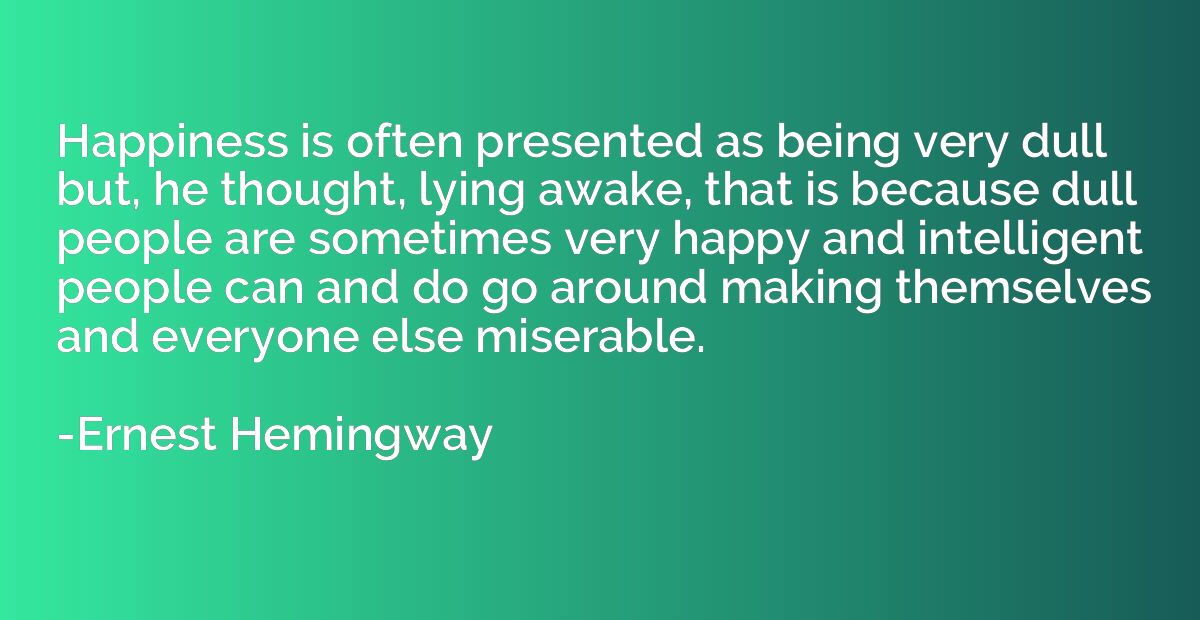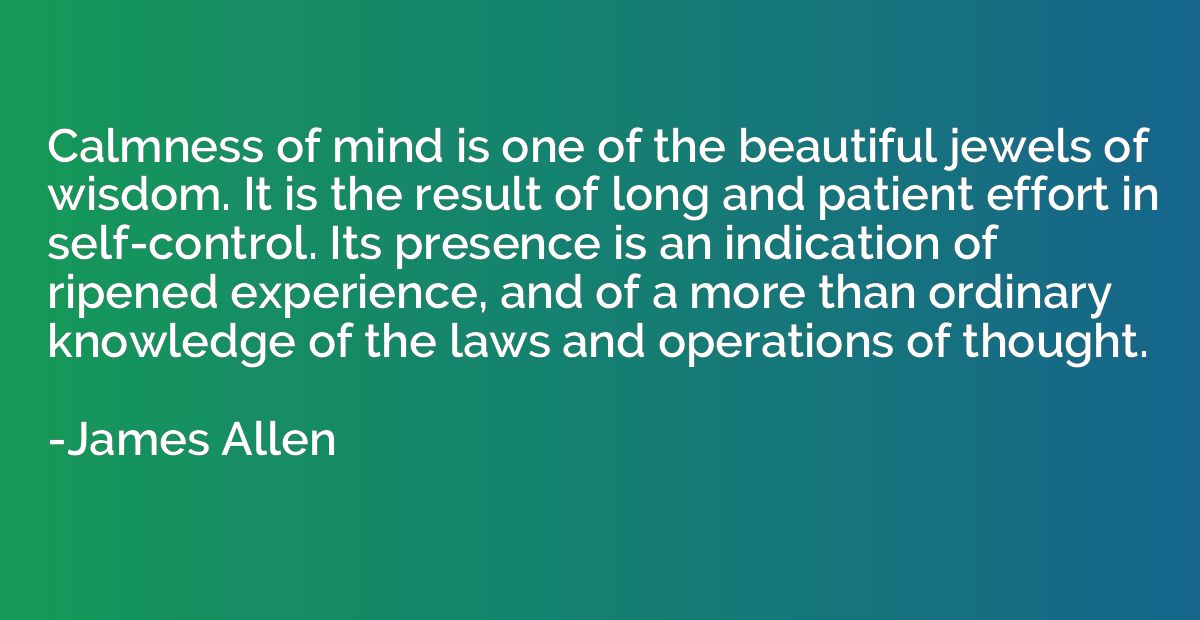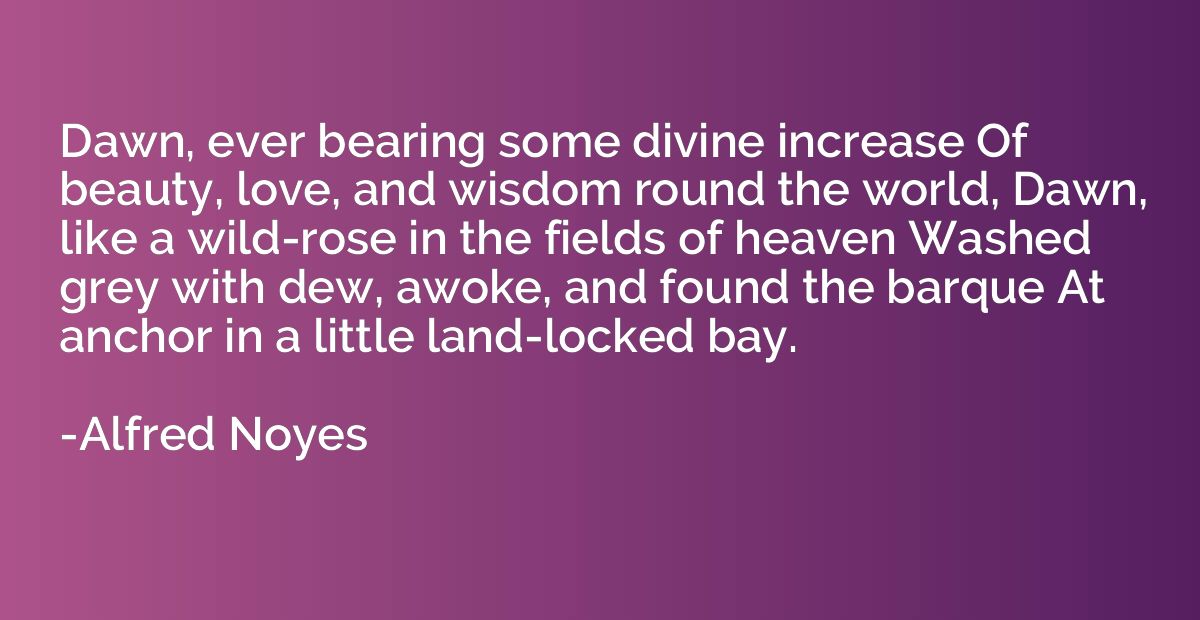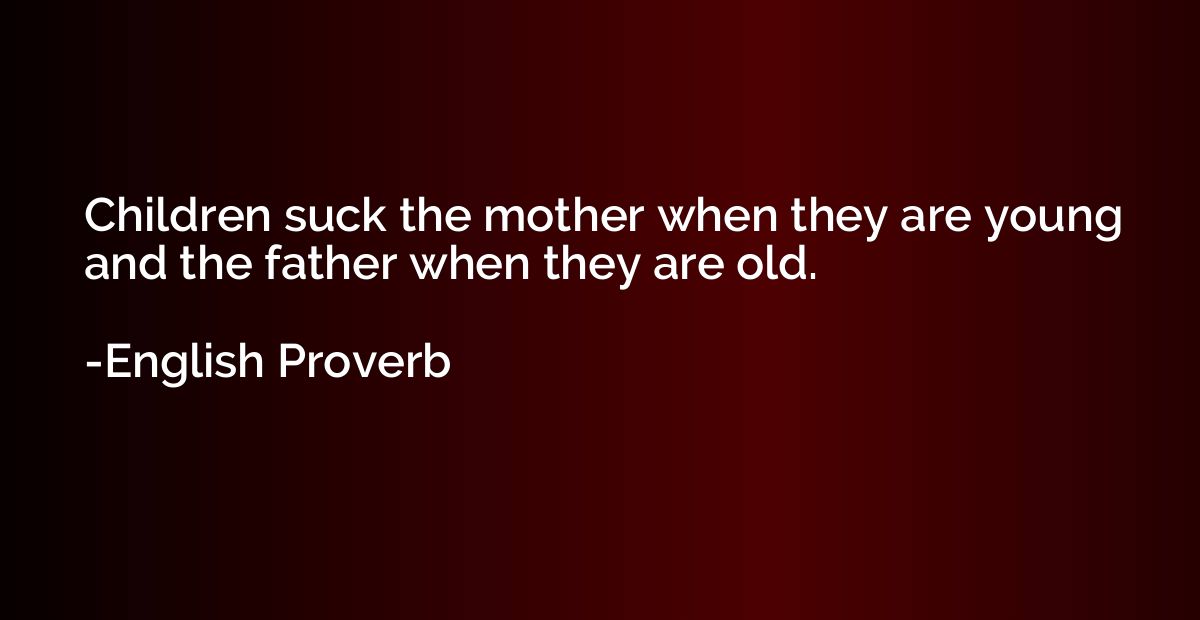Quote by Immanuel Kant, Perpetual Peace
Confidence in the principles of an enemy must remain even during war, otherwise a peace could never be concluded; and hostilities would degenerate into a war of extermination since war in fact is but the sad resource employed in a state of nature in defence of rights; force standing there in lieu of juridical tribunals. Neither of the two parties can be accused of injustice, since for that purpose a juridical decision would be necessary. But here the event of a battle (as formerly the judgments of God) determines the justice of either party; since between states there cannot be a war of punishment no subordination existing between them. A war, therefore, which might cause the destruction of both parties at once, together with the annihilation of every right, would permit the conclusion of a perpetual peace only upon the vast burial-ground of the human species.
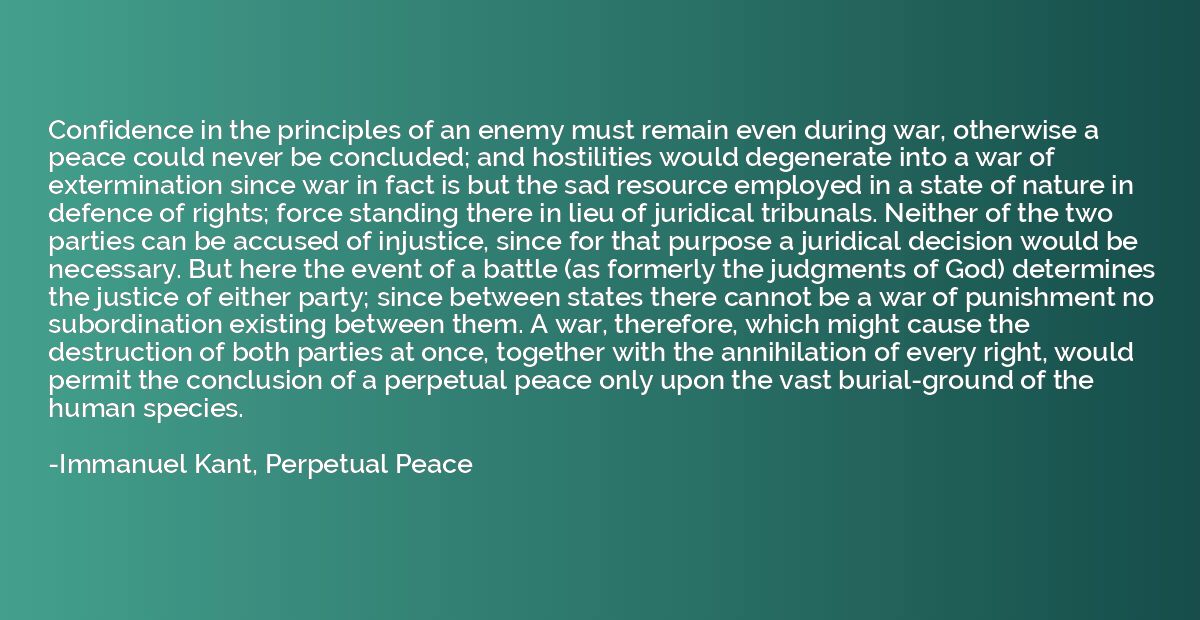
Summary
This quote emphasizes the importance of maintaining confidence in the principles of the enemy even during war. Without this confidence, it becomes impossible to negotiate a peace and instead, the conflict could escalate into a war of extermination. In the absence of juridical tribunals, force becomes the substitute for resolving disputes. The quote also highlights that in a war between states, there is no authority to accuse either party of injustice or to pass judgment. Thus, the outcome of a battle determines the perceived justice of each side. The quote warns that a war that destroys both parties and their rights can only result in a perpetual peace through the catastrophic loss of human life.




